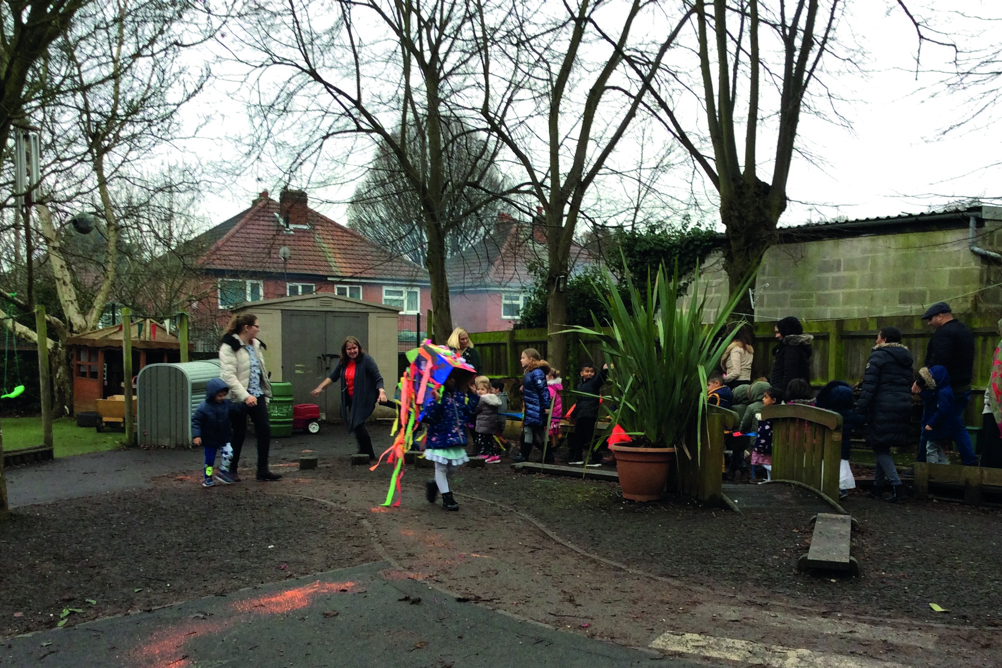
Derby is one of 12 ‘social mobility cold spots’ that have been designated Opportunity Areas. Ranked 303rd out of 324 in the Government’s Social Mobility Index, the proportion of children achieving a good level of development in 2016 was around three percentage points below the national average, at 66 per cent. In the most disadvantaged areas it was significantly below: only 47 per cent in Arboretum attained a good level of development. More children in Derby have speech, language and communication needs than the national average.
A range of events are being organised as part of TALK Derby, an 18-month programme of intensive speech, language and communication support, funded by the Derby Opportunity Area Partnership Board. Initially covering eight particularly disadvantaged inner-city wards when it launched in June 2019, the programme was extended in November to the whole city.
Register now to continue reading
Thank you for visiting Nursery World and making use of our archive of more than 35,000 expert features, subject guides, case studies and policy updates. Why not register today and enjoy the following great benefits:
What's included
-
Free access to 4 subscriber-only articles per month
-
Unlimited access to news and opinion
-
Email newsletter providing activity ideas, best practice and breaking news
Already have an account? Sign in here
